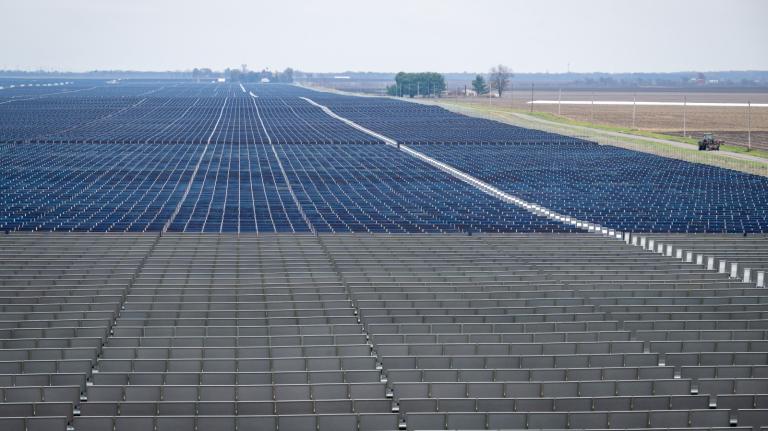Al Gore is testifying on Capitol Hill twice on Wednesday — before John Dingell’s House Energy and Commerce Committee and Barbara Boxer’s Senate Environment Committee. According to the Drudge Report (link may only be temporary), “Proposed questions for Gore, which are circulating behind-the-scenes, have been obtained by the DRUDGE REPORT — questions that could lead Gore scrambling for answers!”
Here are the questions, which would not cause a fifth grader to scramble, but I am flattered to make the list:
Mr. Gore: You have said several times that we have 10 years to act to stave off global warming. Was that 10 years from the first time you said that or 10 years from now? We just wanted to get a firm date from you that we can hold you to.
ANSWER: We have 10 years from NOW to start acting, if we are to avoid catastrophic warming. For two decades I have been saying we need to act, but it is only because we have delayed for so long that we now have only 10 years to start acting.
Mr. Gore: Joseph Romm, the executive director for the Center for Energy and Climate Solutions, has said we must build 700 large nuclear plants to stave off climate change. Where do you stand on the need for nuclear energy?
ANSWER: If you have read Dr. Romm’s book, Hell and High Water, then you know he writes:
“The nation needs to put in place mandatory carbon dioxide controls. If a significant price for carbon makes nuclear attractive to utilities and financiers, and if the plants meet the necessary safety and environmental codes, and if the country can finally agree on a place to put the nuclear waste, then new nuclear plants may well make a significant contribution to reducing greenhouse gas emissions in this country.”
Compared to most Americans, Californians emit under one-third the carbon dioxide emissions per kilowatt-hour consumed while paying the same annual bill, and they do so while getting a lower share of their power from nuclear energy. “That’s why federal electricity policy should focus on establishing a price for carbon dioxide, promoting energy-efficiency, cogeneration, and renewable energy, and accelerating coal gasification together with carbon capture and storage. Those strategies can take us as far as we need to go on emissions reductions in the utility sector for the next few decades.”
That view seems entirely reasonable to me.
Mr. Gore: Do you think the earth is significantly overpopulated and that is a major contributor to your view of climate change. (If yes, what do you think is a sustainable population for the planet?)
ANSWER: No.
Mr. Gore: How can you continue to claim that global warming on Earth is primarily caused by mankind when other planets (Mars, Jupiter and Pluto) with no confirmed life forms and certainly no man-made industrial greenhouse gas emissions also show signs of global warming? Wouldn’t it make more sense that the sun is responsible for warming since it is the common denominator?
The question is not factually based.
Mars does appear to be experiencing short-term regional warming, not long-term global warming, as the climate scientists of Realclimate.org have explained.
Jupiter is not experiencing global warming, but it is poised to experience regional climate change, “getting warmer near the equator and cooler at the poles,” as a U.C. Berkeley scientist noted last year.
As for Pluto, an MIT article explains “Pluto’s orbit is much more elliptical than that of the other planets, and its rotational axis is tipped by a large angle relative to its orbit. Both factors could contribute to drastic seasonal changes.” One of the scientists involved in the research explained, Pluto’s warming was “likely not connected with that of the Earth. The major way they could be connected is if the warming was caused by a large increase in sunlight. But the solar constant–the amount of sunlight received each second–is carefully monitored by spacecraft, and we know the sun’s output is much too steady to be changing the temperature of Pluto” — or the Earth, for that matter: “the sunspot record and neutron monitor data,” as Realclimate.org explains, “show that solar activity has not increased since the 1950s and is therefore unlikely to be able to explain the recent warming.”
Honestly, you’d think Drudge could come up with better questions …

